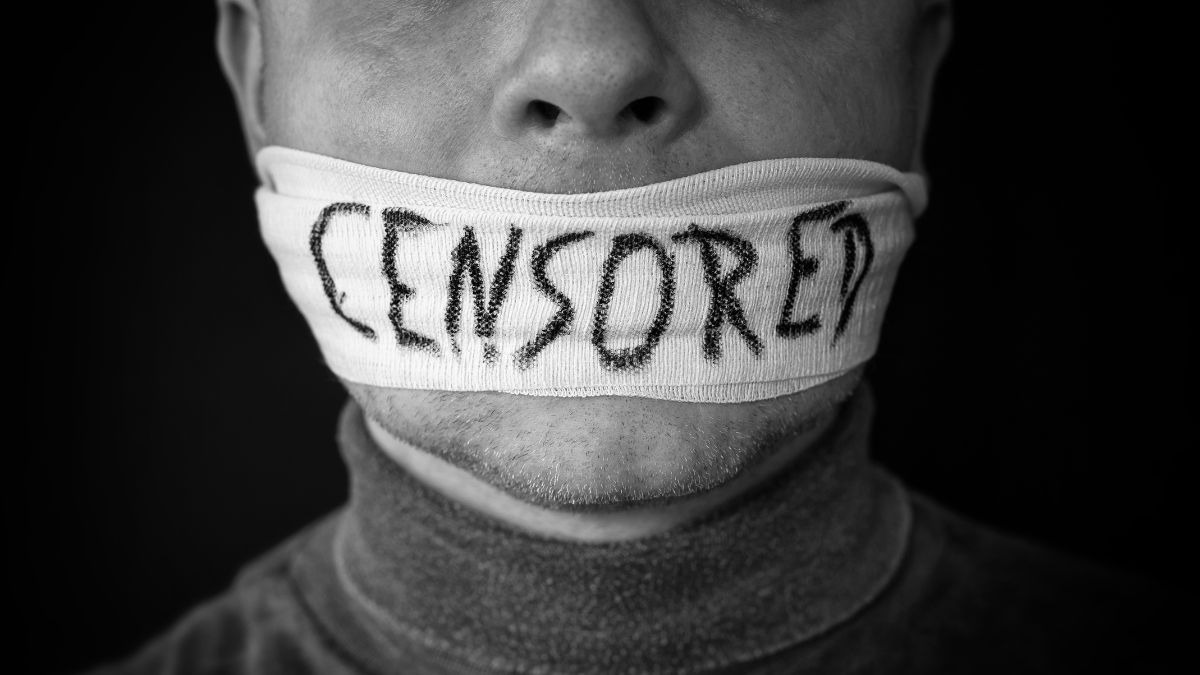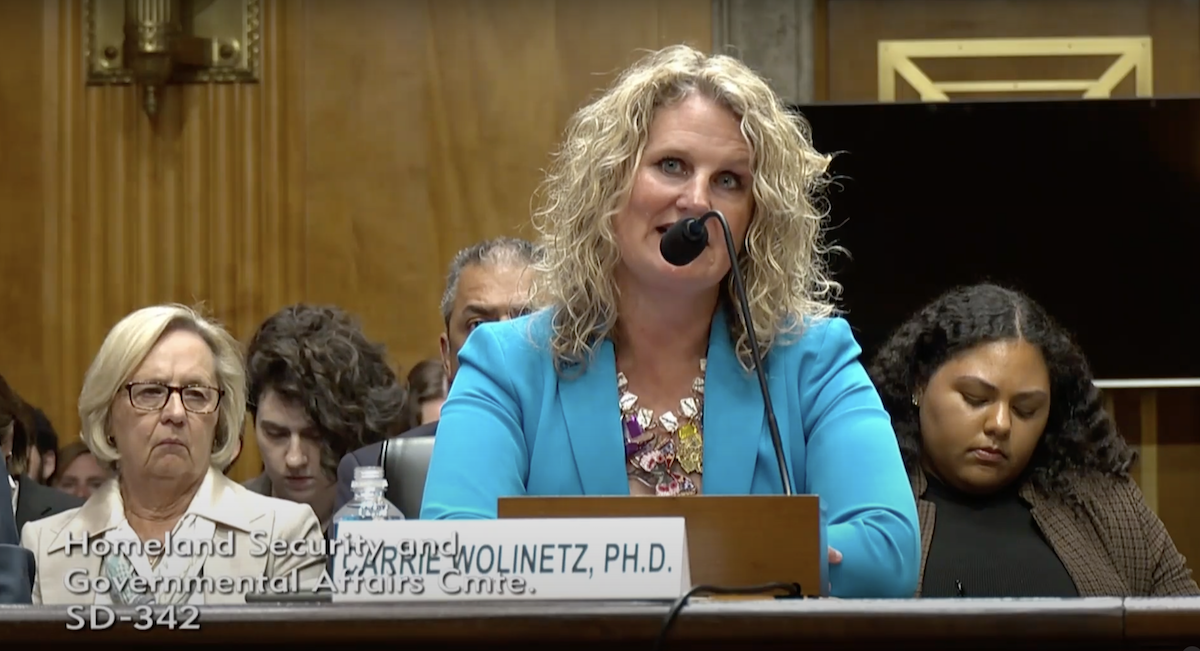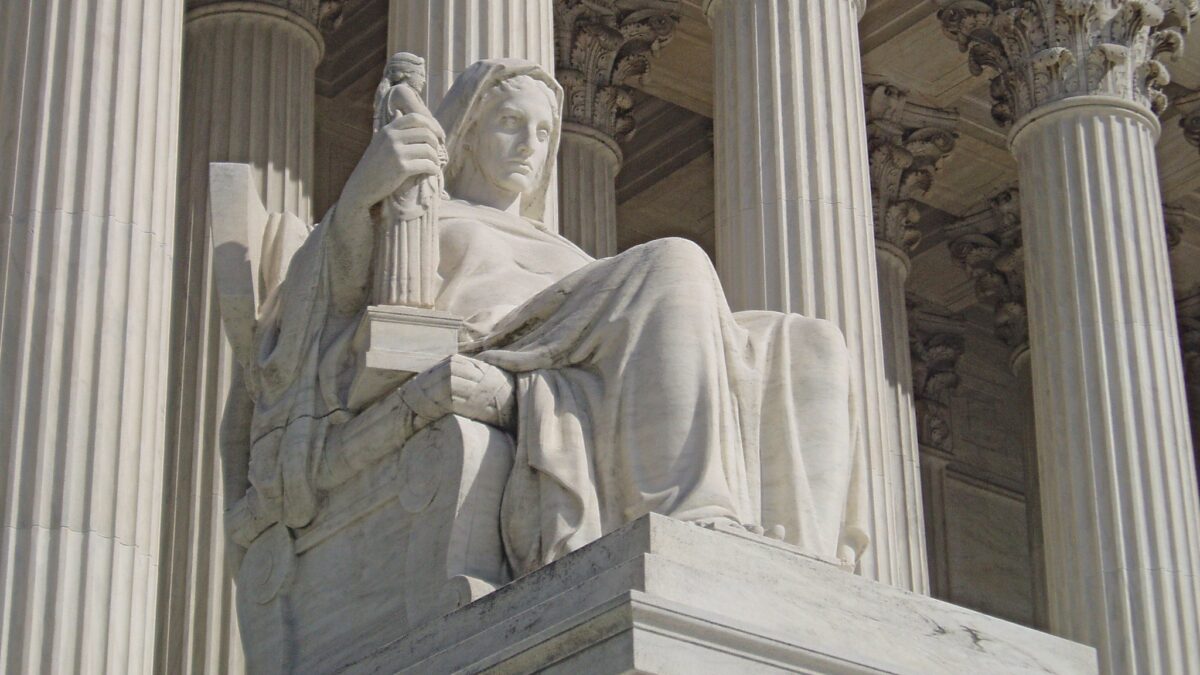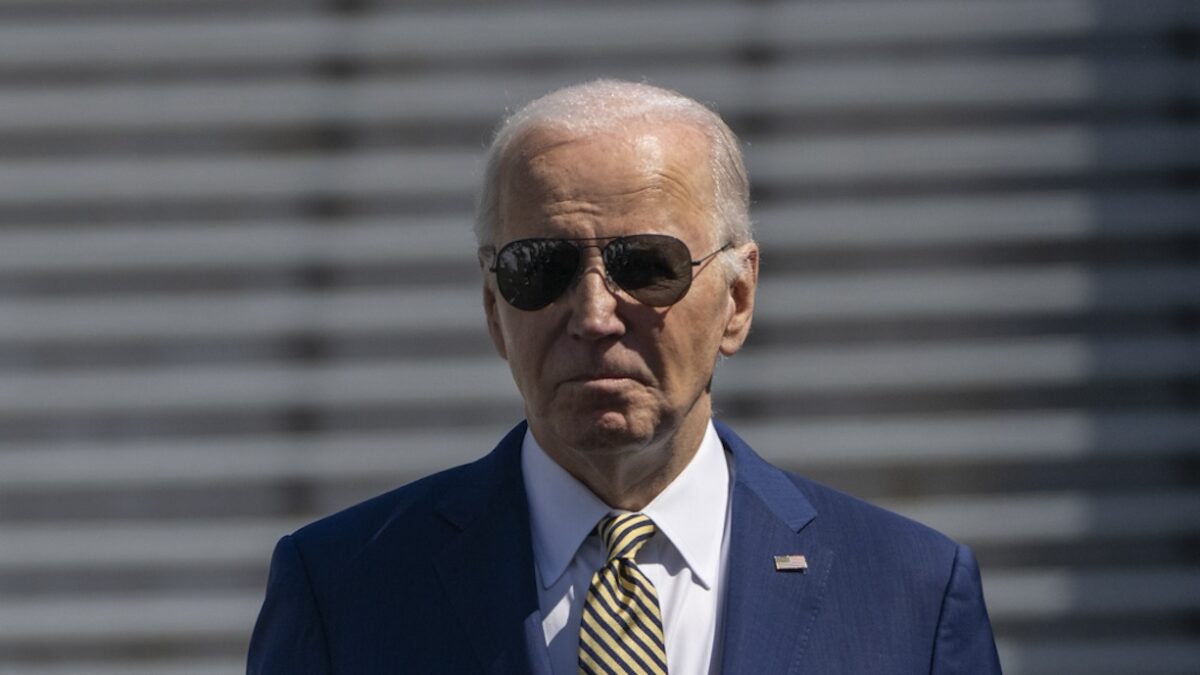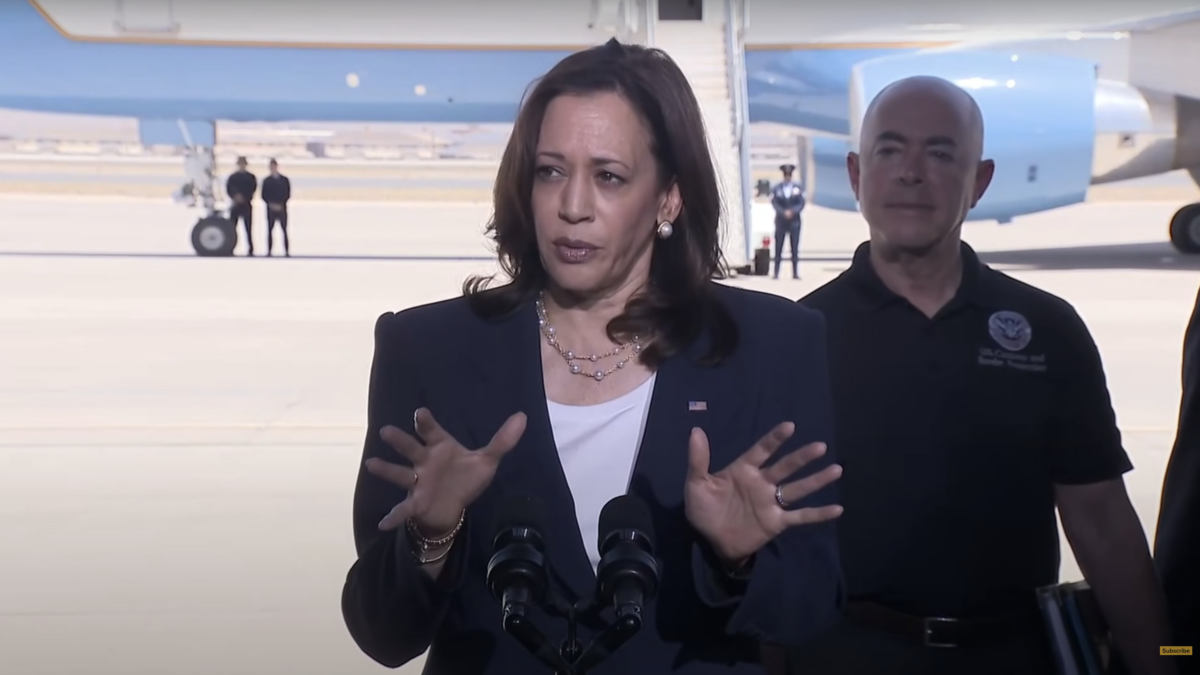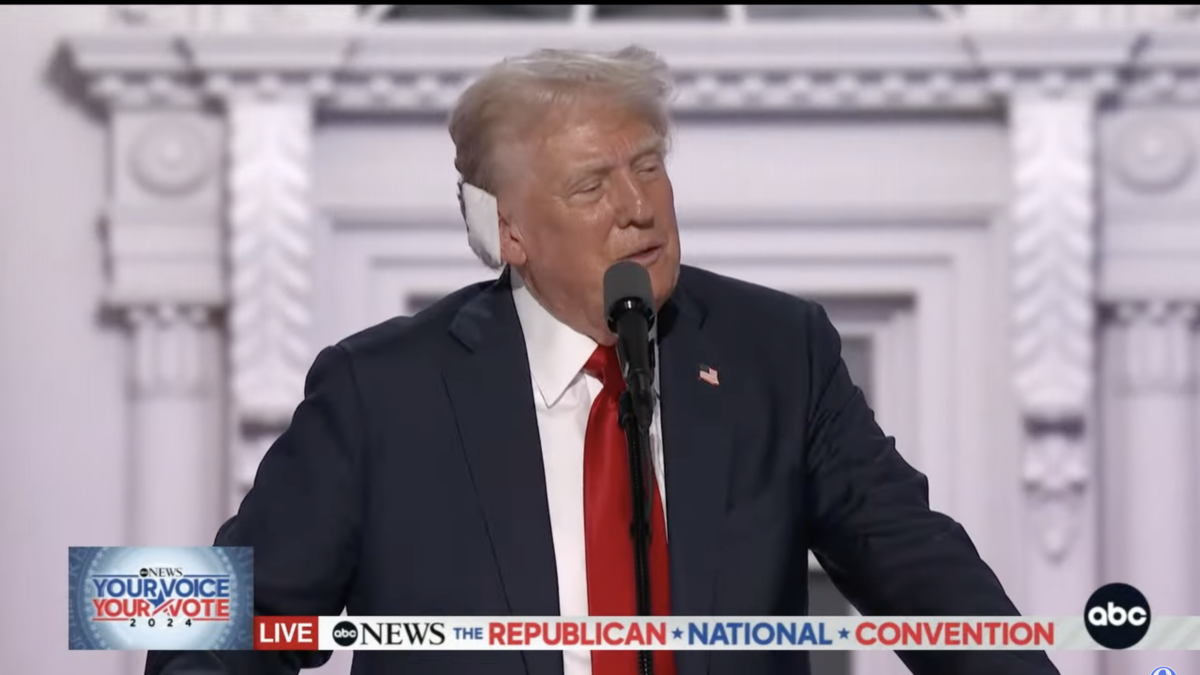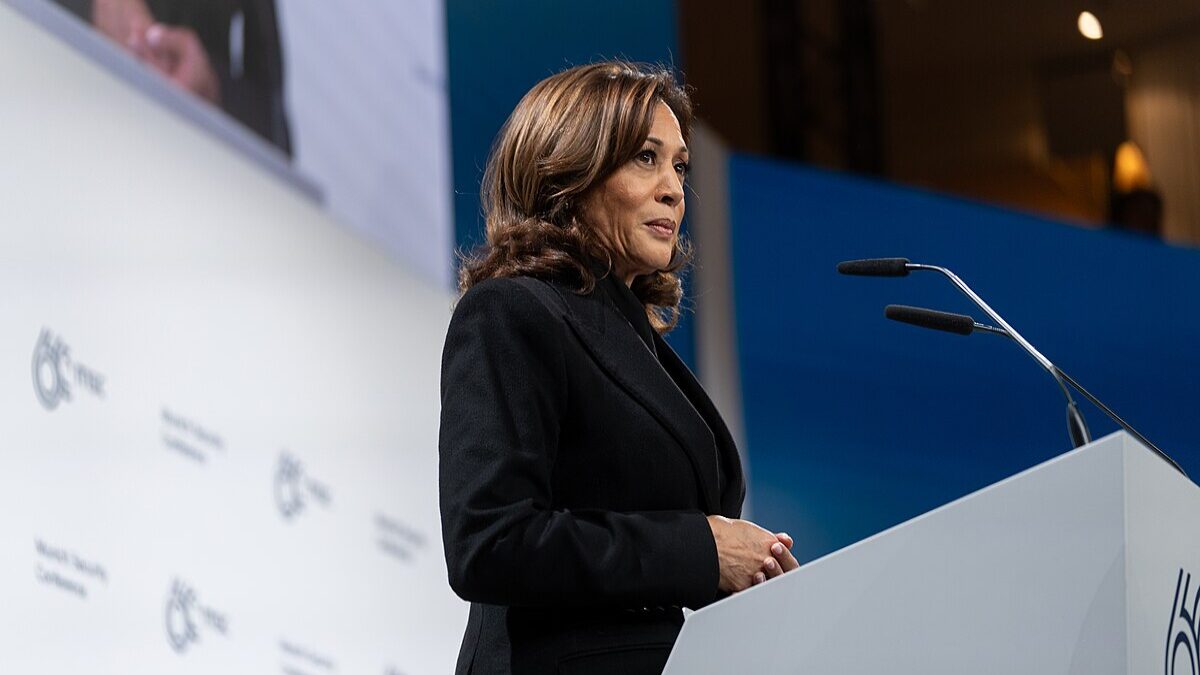Justice Samuel Alito minced no words in his public evisceration of the Supreme Court’s 6-3 Murthy v. Missouri decision to greenlight the Biden administration’s flagrant First Amendment violations.
Justice Amy Coney Barrett, joined by Chief Justice John Roberts and Justices Brett Kavanaugh, Sonia Sotomayor, Elena Kagan, and Ketanji Brown Jackson, officially endorsed the federal government’s widespread attempt to silence dissidents on Wednesday when she concluded that the plaintiffs who brought the case lacked standing because the White House seemingly backed off of its censorship campaign after its 2022 infractions.
Alito, joined in his dissent by Justices Clarence Thomas and Neil Gorsuch, wrote that Americans, however, will likely regret the high bench’s decision to rubber stamp “blatantly unconstitutional” abuses, which are likely to continue since they were not punished.
“What the officials did in this case was more subtle than the ham-handed censorship found to be unconstitutional in Vullo, but it was no less coercive,” he began. “And because of the perpetrators’ high positions, it was even more dangerous. It was blatantly unconstitutional, and the country may come to regret the Court’s failure to say so.”
While most of his colleagues mocked self-censorship, Alito and his fellow dissidents accurately classified Big Tech and the Biden administration’s coordinated attempt to suppress online speech, especially during the media-fueled panic over Covid-19, as a “serious threat to the First Amendment” that warrants intervention.
The plaintiffs, he wrote, were “indisputably injured” and met the traceability and redressability standards the court requires to weigh in. Yet, they were denied justice when the majority of the court’s bench declined to see the value in ruling on the merits of “one of the most important free speech cases to reach this Court in years.”
“We are obligated to tackle the free speech issue that the case presents. The Court, however, shirks that duty and thus permits the successful campaign of coercion in this case to stand as an attractive model for future officials who want to control what the people say, hear, and think,” Alito wrote.
The dissenting justice noted that there is a trove of evidence and communications proving that Americans’ free speech right to discuss their opinions online was routinely infringed to satisfy the wishes of the federal government. He spent pages of his dissent rehashing all the ways the White House leveraged its power to coerce Big Tech into shutting up Americans with any opinions the president’s team deemed unsavory.
Alito determined that Missouri and Louisiana adequately demonstrated that social media companies, unlike newspapers, “have a powerful incentive to please important federal officials.”
“[A]nd the record in this case shows that high-ranking officials skillfully exploited Facebook’s vulnerability. When Facebook did not heed their requests as quickly or as fully as the officials wanted, the platform was publicly accused of ‘killing people’ and subtly threatened with retaliation,” he wrote.
Alito concluded his written thrashing with a warning that the threat of government censorship “did not come with expiration dates” or lose steam “merely because White House officials opted not to renew them on a regular basis.”
On the contrary, he wrote that Facebook and other Big Tech companies’ publicized promise to “continue reporting to the White House and remain responsive to its concerns for as long as the officials requested” suggests this will be an ongoing losing battle for Americans who want to speak their minds on social media.
